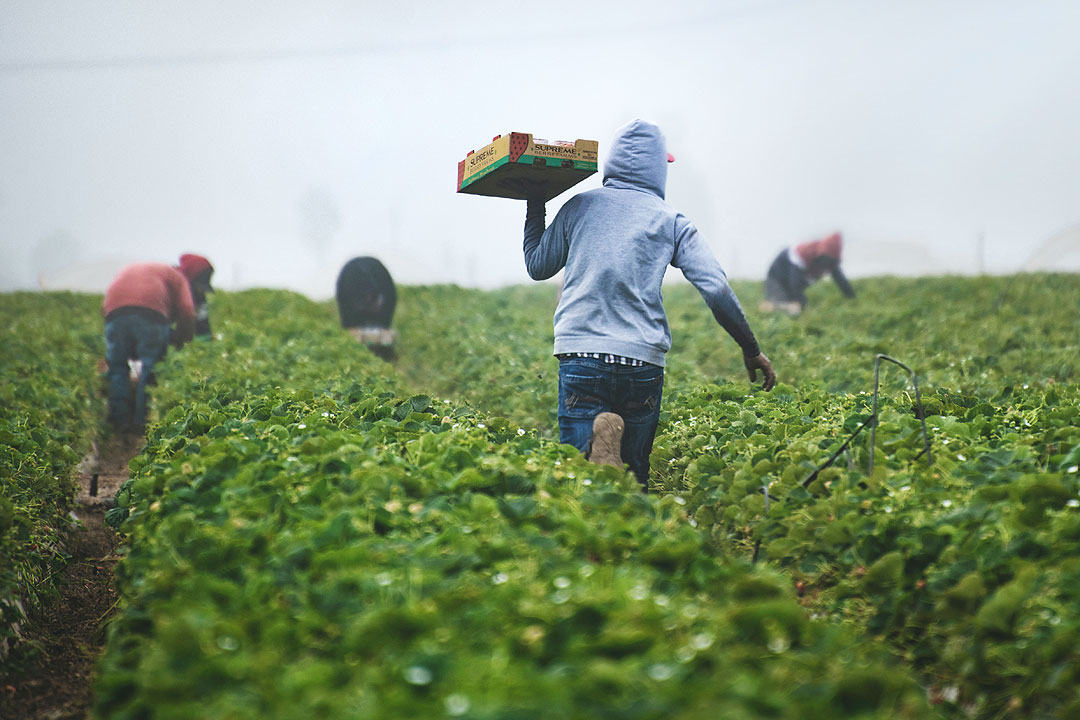No guarantee LGUs will raise farm spending with devolution

By Luisa Maria Jacinta C. Jocson, Reporter
DEVOLUTION does not guarantee added funding at the local level for agriculture, with support for farming varying depending on the policies pursued by local officials, analysts said.
“(It will be) totally dependent on the propensity of the mayor or chief executive. I’m not that optimistic because agriculture spending has always been the least priority. (There is no) assurance that it will be better,” Asis G. Perez, co-convenor of food security advocacy group Tugon Kabuhayan, said by telephone.
“Agricultural programs cannot be like other programs that can be devolved. There has to be a national food security program. We cannot devolve major agriculture programs,” he added.
In a recent report, the World Bank said that the government should take advantage of devolution to improve agriculture spending by local government units (LGUs).
The Mandanas-Garcia ruling, which took effect in 2022, grants LGUs a larger share of national taxes.
However, the government has been urged to extend the deadline for devolution amid a perceived lack of capacity by LGUs to implement national programs devolved to them.
Roy Kempis, a retired Pampanga State Agricultural University professor, said that LGUs will “find it difficult” to handle the increased financial resources.
“They need assistance in identifying ideas and project options for the growth and development of their local economies, especially agriculture which constitutes a large share,” he said in a Viber message.
Mr. Kempis also noted that the National Government and LGUs spending patterns are “disproportionate” to the size of the agricultural economy and the magnitude of poor farmers and fisherfolk.
“With total devolution, funding is always based on population and land area. That’s why cities still take the largest allocation. If that’s the case, the allocation of the budget is disproportionate. Our fishers and farmers are based in rural areas. Instead of the National Government spending, the cities take the biggest allocation. But the target of the funds do not live there,” Mr. Perez added.
This year, the agriculture budget is around P184 billion, or 3% of the P5.268-trillion national budget.
The World Bank said that agriculture’s share of the budget is “lower than most comparator countries relative to the size of agriculture in the economy.”
Mr. Kempis said that agriculture may not be a priority for local government officials.
“The inflow of more financial resources will eventually affect the priorities of LGUs. If agriculture was not a priority then, LGUs will run out of ideas and project options that were previously skewed to infrastructure and other quick vote-generating projects. Then, agriculture can generate interest especially if value-adding and industry-developing options can be connected to agriculture,” he said.
“It will be a difficult transition. Habits tend to be difficult to address especially among traditional local politicians. New generations of local executives need to be voted into the LGUs,” he added.
According to the World Bank, LGU spending on agriculture in 2018 was only P8.5 billion.
Over the same period, agriculture’s share in overall LGU appropriations from the central government shrank to 1.5% in 2018 from 2.1% in 2012.
On the other hand, Raul Q. Montemayor, national manager of the Federation of Free Farmers, said that devolution would improve LGU accountability.
“There may be more corruption within the LGUs, but at least they will have to answer for their actions every so many years through the elections, unlike national agencies which have very limited accountability,” he said in a Viber message.
In its report, the World Bank said that the government should take into account the “low capacity and motivation of LGUs.”
“In the 1990s, the effort to devolve agricultural services did not go smoothly and was largely reversed. To avoid a similar fate with the current effort and fully realize this transfer’s potential benefits, the government must carefully consider which functions to transfer and what capacity building will be necessary for LGUs to carry out newly transferred responsibilities successfully,” the bank said.
“There will also need to be some mechanism in place to ensure that spending decisions at the local level align with the national interest and strategies,” it added.
It recommended that the Department of Agriculture (DA) continue to retain some of its functions.
“Whatever institutional arrangements adjudicate the kinds of trade-offs and tensions arising from LGUs’ lack of motivation to fund agricultural services adequately, the decisions need to be based on the best possible evidence on investment impacts,” it added.
Mr. Kempis also noted the importance of capacity building in designing, planning, and analysis of projects and programs to enable more agricultural spending.
“In this capacity building, social preparation and market development and support shall have important roles,” he said.
“The least that LGUs can do to address this is to identify markets or buyers of farmers’ and fisherfolk’s produce, rationalize production, supply and demand for produce, and provide them access to price information of these produce and production inputs,” he added.
Mr. Montemayor said that the DA should support capacity building through planning, budgeting and implementation.
“The DA can complement this by providing technical expertise and co-funding LGU programs in exchange for the LGU’S commitment to fund and implement agricultural development projects and allocate their own counterpart resources,” he said.
“Then, there must be an effective monitoring and evaluation system so that LGU who achieve their targets and commitments can be rewarded with additional incentives,” he added.



